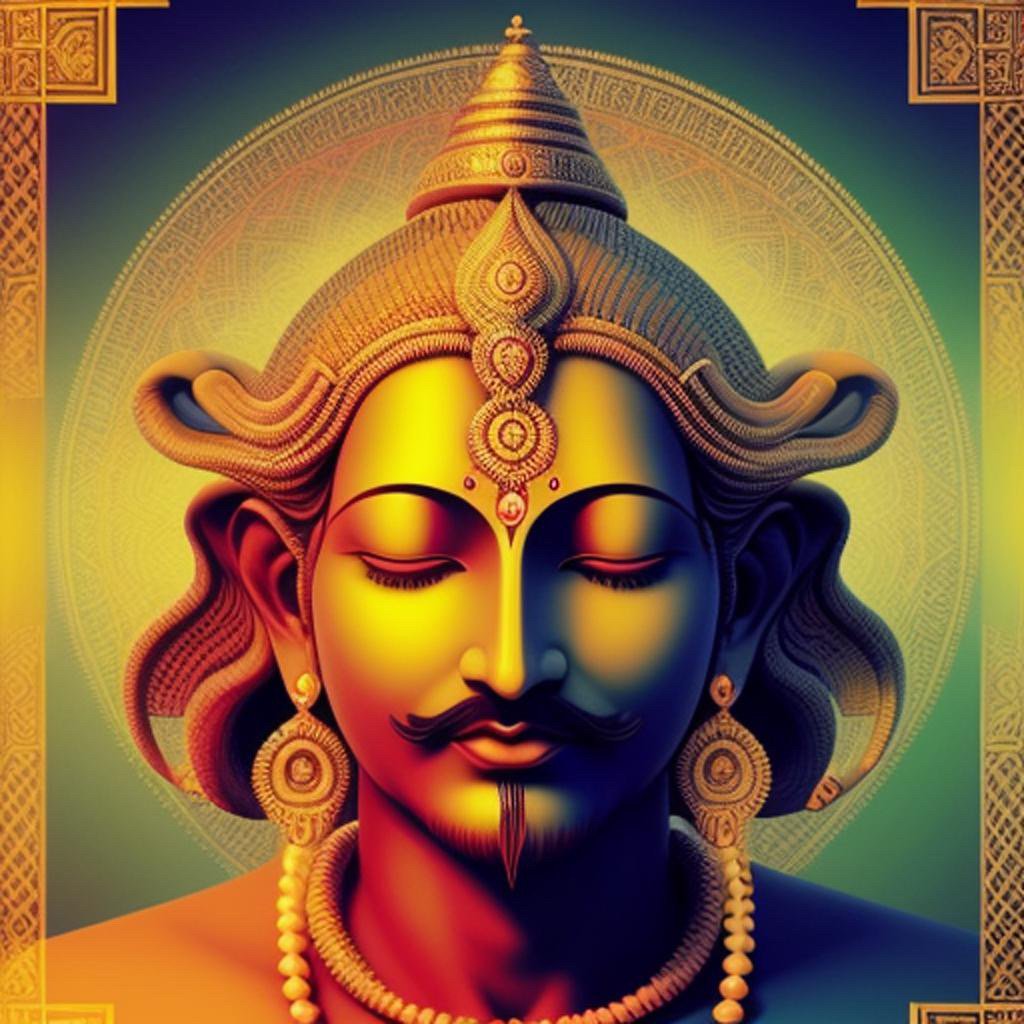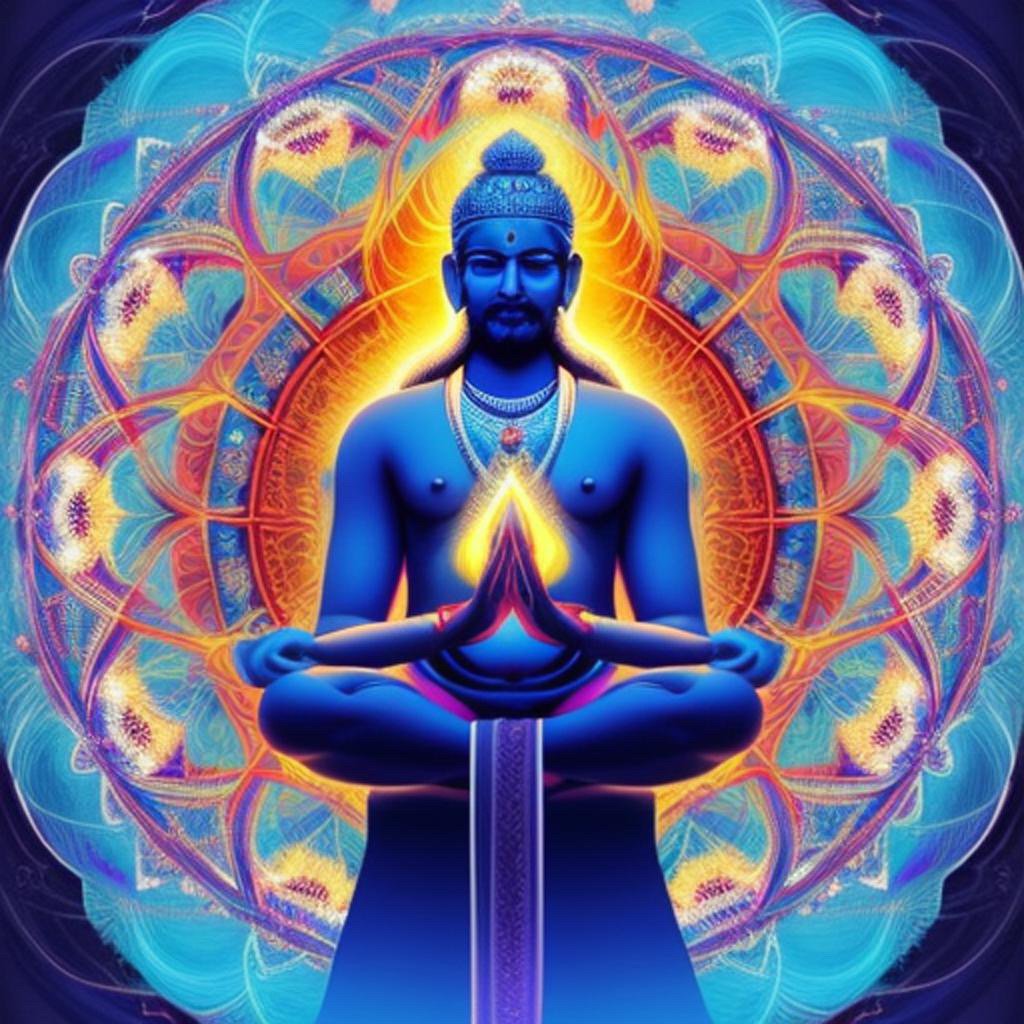
Table of Contents
Mystical tradition in Hinduism
Hinduism has a rich and diverse mystical tradition that spans thousands of years. Mysticism in Hinduism is often referred to as “Yoga” or “Vedanta.” These mystical traditions explore the nature of consciousness, the realization of the self, and the attainment of union with the divine.
Yoga, in its broader sense, encompasses a variety of practices and paths that aim to unite the individual soul (jiva) with the universal soul (Brahman). The practice of yoga includes physical postures (asanas), breath control (pranayama), meditation (dhyana), and ethical disciplines (yamas and niyamas). It seeks to purify the mind, body, and spirit, and to achieve higher states of consciousness.
Within the realm of Vedanta, a philosophical and mystical school of thought in Hinduism, the focus is on the study and contemplation of the sacred texts, particularly the Upanishads. Vedanta teaches that the ultimate reality (Brahman) is identical to the true nature of the self (Atman). The goal of Vedantic mysticism is to realize this unity and transcend the illusion of individuality.
In addition to these general traditions, there are also specific mystical paths within Hinduism. For example, Bhakti Yoga emphasizes devotion and love for a personal deity, such as Krishna or Shiva. Bhakti mystics seek an intense and personal relationship with the divine through prayers, hymns, and devotional practices.
Tantra is another mystical tradition within Hinduism that seeks to harness and transform the energies of the body, mind, and spirit to attain spiritual liberation. Tantra involves rituals, visualizations, and practices that aim to awaken the dormant spiritual power (kundalini) within an individual.
Furthermore, Hinduism has been greatly influenced by the mystical poetry of saints and mystics, such as the works of Mirabai, Tukaram, and Ramakrishna, among others. Their ecstatic devotion and mystical experiences are cherished and celebrated in Hindu spiritual and cultural traditions.
It’s important to note that Hinduism is a diverse and multifaceted religion, with various schools of thought and practices. The mystical aspects of Hinduism can differ in emphasis and approach depending on the particular sect, region, and individual interpretation.

Thank you for reading, shares and comments!
✨ Comment Policy ✨
We welcome thoughtful, kind, and constructive comments that contribute to meaningful conversations.
Please note:
- Promotional links and unsolicited offers will be removed.
- Spam, irrelevant content, or self-promotion without prior permission will not be published.
- We value quality engagement over quantity — thank you for helping us keep this a respectful and inspiring space!
Sources openai Language models, aitrot, picsart and mib
Take time to learn
Invest in your future
Embark on a journey into the realm of affiliate marketing and craft your own website within a vibrant, supportive community. Join me in this adventure, where you can begin as a free starter and stay as long as you desire. Enjoy complimentary hosting and foundational teachings to set you on your path. For those with advanced skills, opportunities to elevate your expertise await. Take a moment to explore and witness the magic for yourself!




